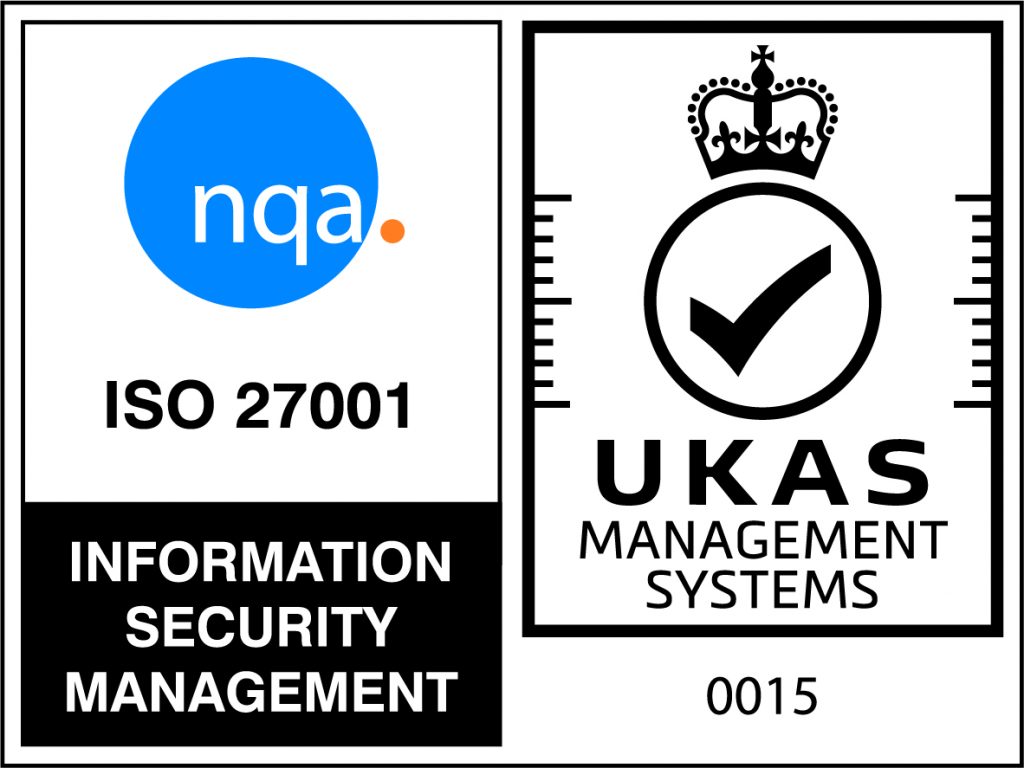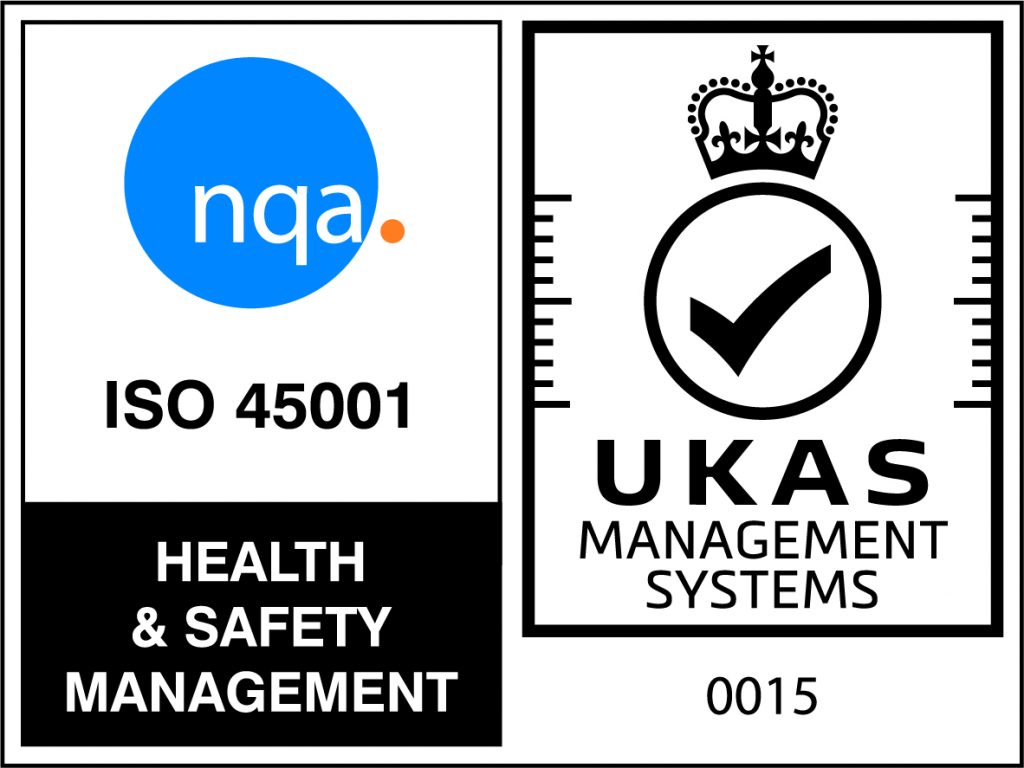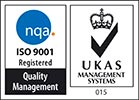 If a child is diagnosed with dyslexia, it can be challenging to know where to seek help. Parents may worry that they will struggle at school, or that they will be unable to fulfil their true potential. Nonetheless, there are a range of strategies and support systems available for dyslexic students. Living with dyslexia can be difficult, yet it is certainly not a barrier to success.
If a child is diagnosed with dyslexia, it can be challenging to know where to seek help. Parents may worry that they will struggle at school, or that they will be unable to fulfil their true potential. Nonetheless, there are a range of strategies and support systems available for dyslexic students. Living with dyslexia can be difficult, yet it is certainly not a barrier to success.
So what is dyslexia?
Dyslexia is a specific learning difficulty which can make processing written texts very challenging. However, you may think that dyslexia only involves difficulties with reading, but the Dyslexia Association states that it is part of a family of Specific Learning Difficulties (SpLDs) including dyspraxia, dyscalculia and dysgraphia. People with dyslexia can therefore struggle with memory, organisation and time management. They also may be less able to cope with busy and chaotic environments (sensory distraction) as they cannot ‘screen out’ background noise (sensory overload).
However, whilst dyslexia does not only involve struggles with reading, it is true that dyslexics find it difficult to manipulate phonemes, the building blocks of language (known as phonemic awareness). This can make it difficult for them to understand how sounds merge to form words, leading to problems when learning to read and spell.
How is dyslexia identified?
There are some common patterns to look out for if you suspect a child has dyslexia. Nonetheless, the condition manifests in different ways depending on age. Older children in particular may have learned coping mechanisms to mask their difficulties in reading, making dyslexia harder to diagnose.
Read more on how to identify dyslexia

 Back to News
Back to News

















